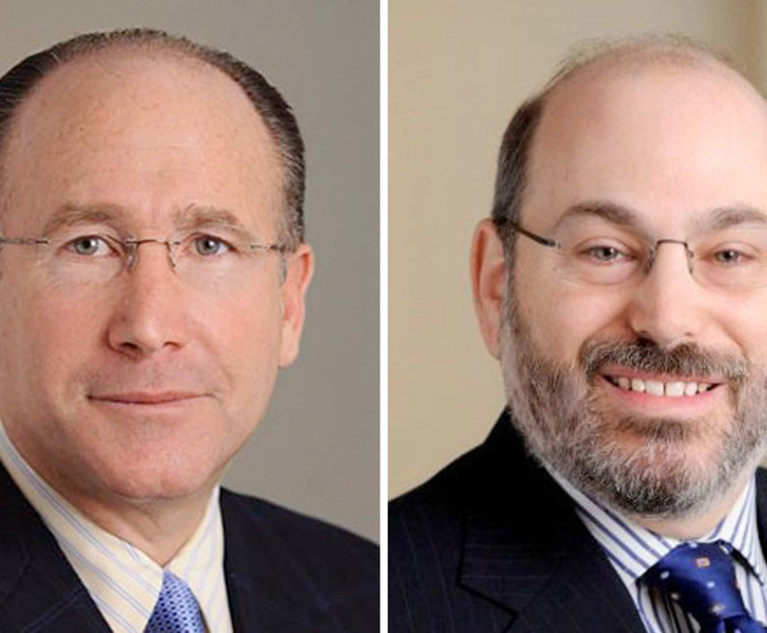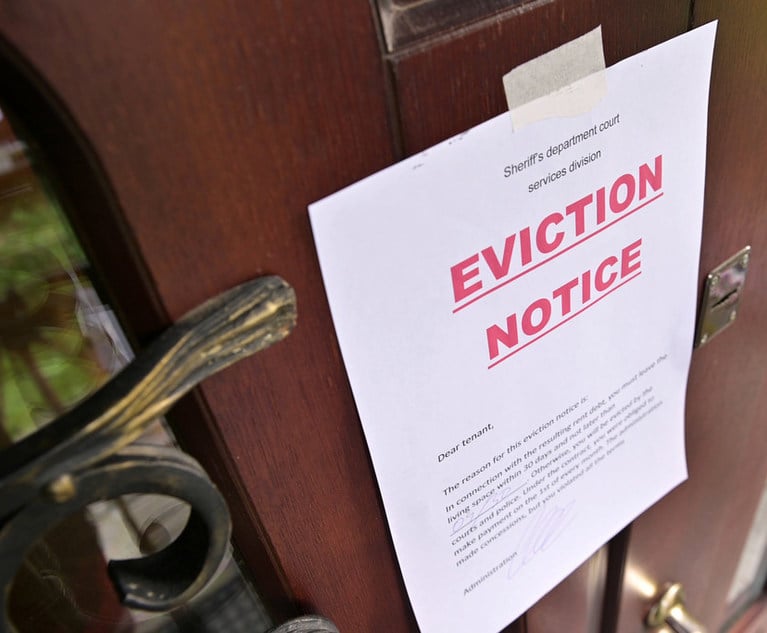When a borrower defaults under a mortgage loan, in order to pursue collection of the entire debt (or foreclose on such basis) a lender must properly accelerate the loan, with such acceleration serving to trigger a six-year statute of limitations for lender to commence an action to foreclose the related mortgage. A recent decision issued by New York’s Court of Appeals, Freedom Mortgage Corporation v. Engel (37 N.Y.3d 1, 2021), which is being heralded as a landmark case, clarifies the status of the law relating to acceleration and the statute of limitations in several respects, which this article will describe.
It has long been settled that the six-year statute of limitations to foreclose a mortgage begins to run upon acceleration of the related debt. The issue arises, however, as to exactly when such acceleration occurred. Because mortgage loan documents typically provide that acceleration will occur at the election of the lender (as opposed to occurring automatically upon an event of default), such election must be demonstrated by an “unequivocal overt act.”


 Jeffrey B. Steiner and Scott A. Weinberg
Jeffrey B. Steiner and Scott A. Weinberg




